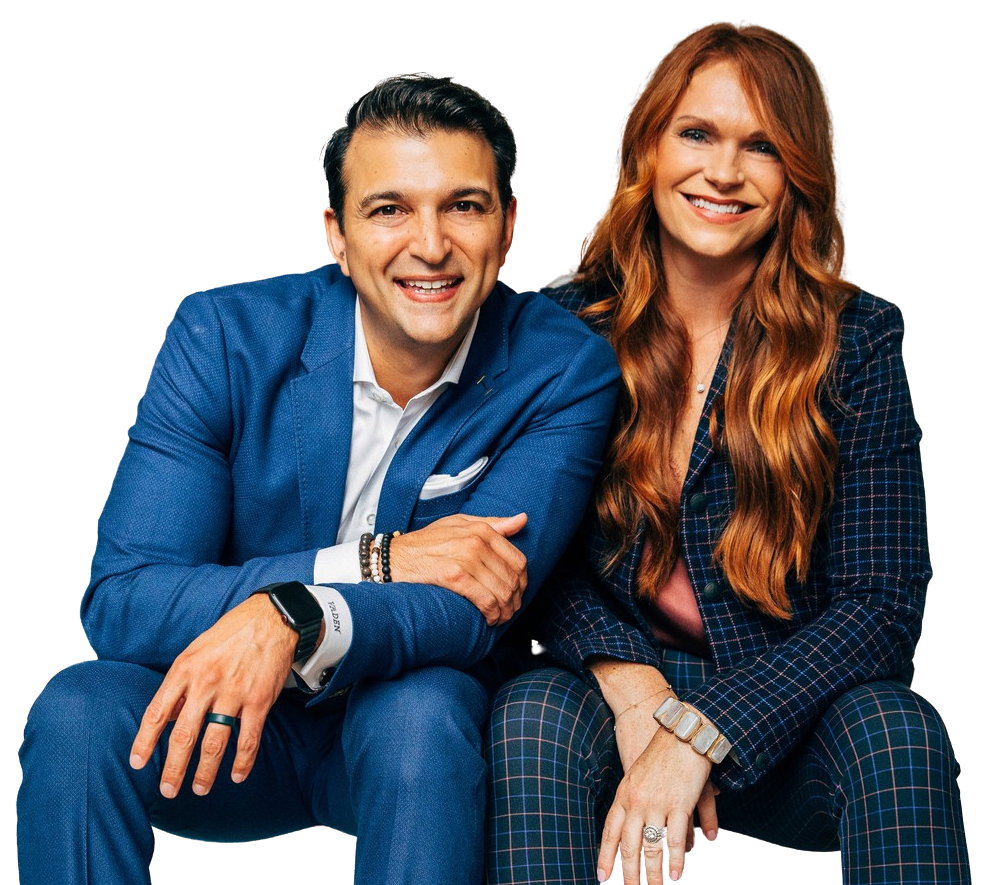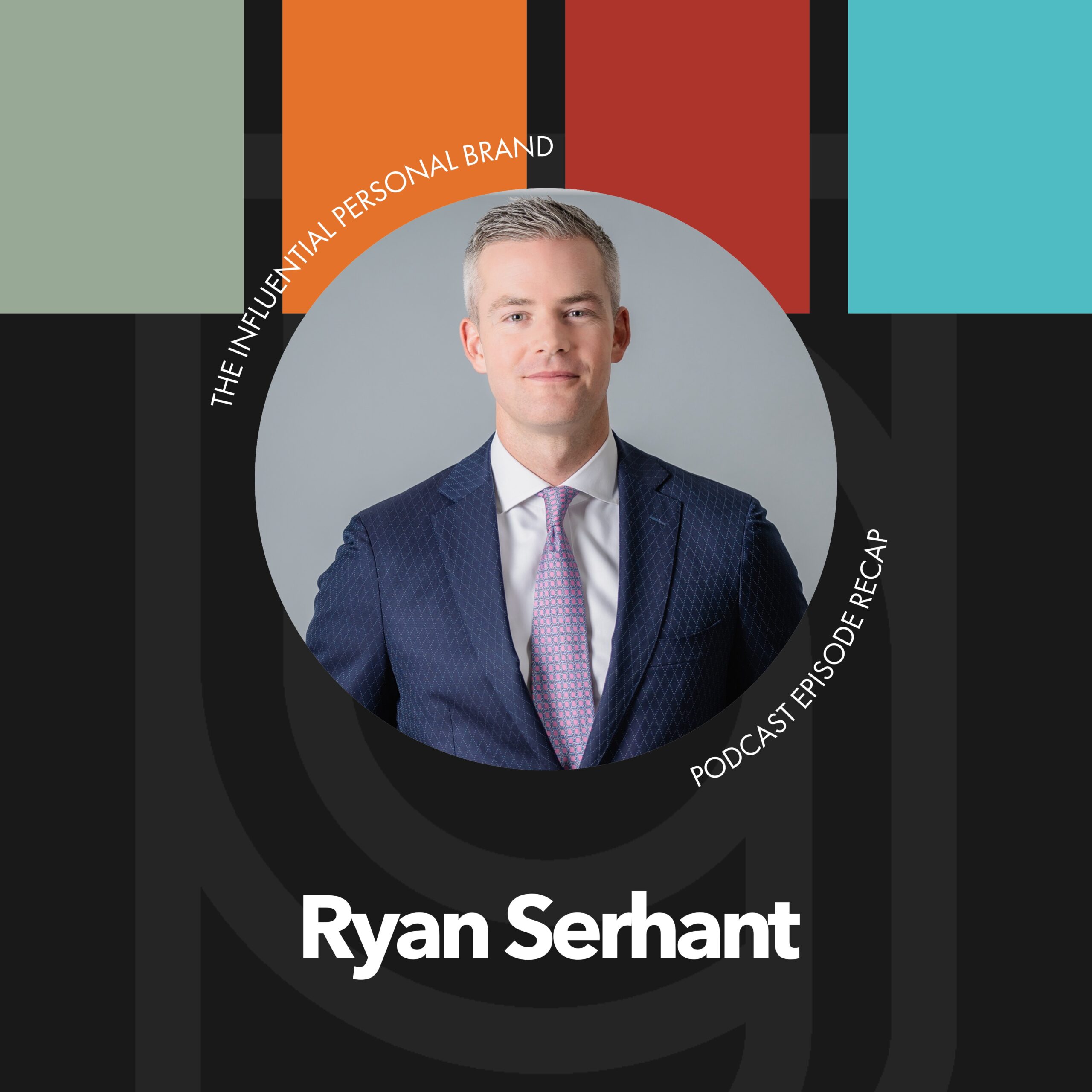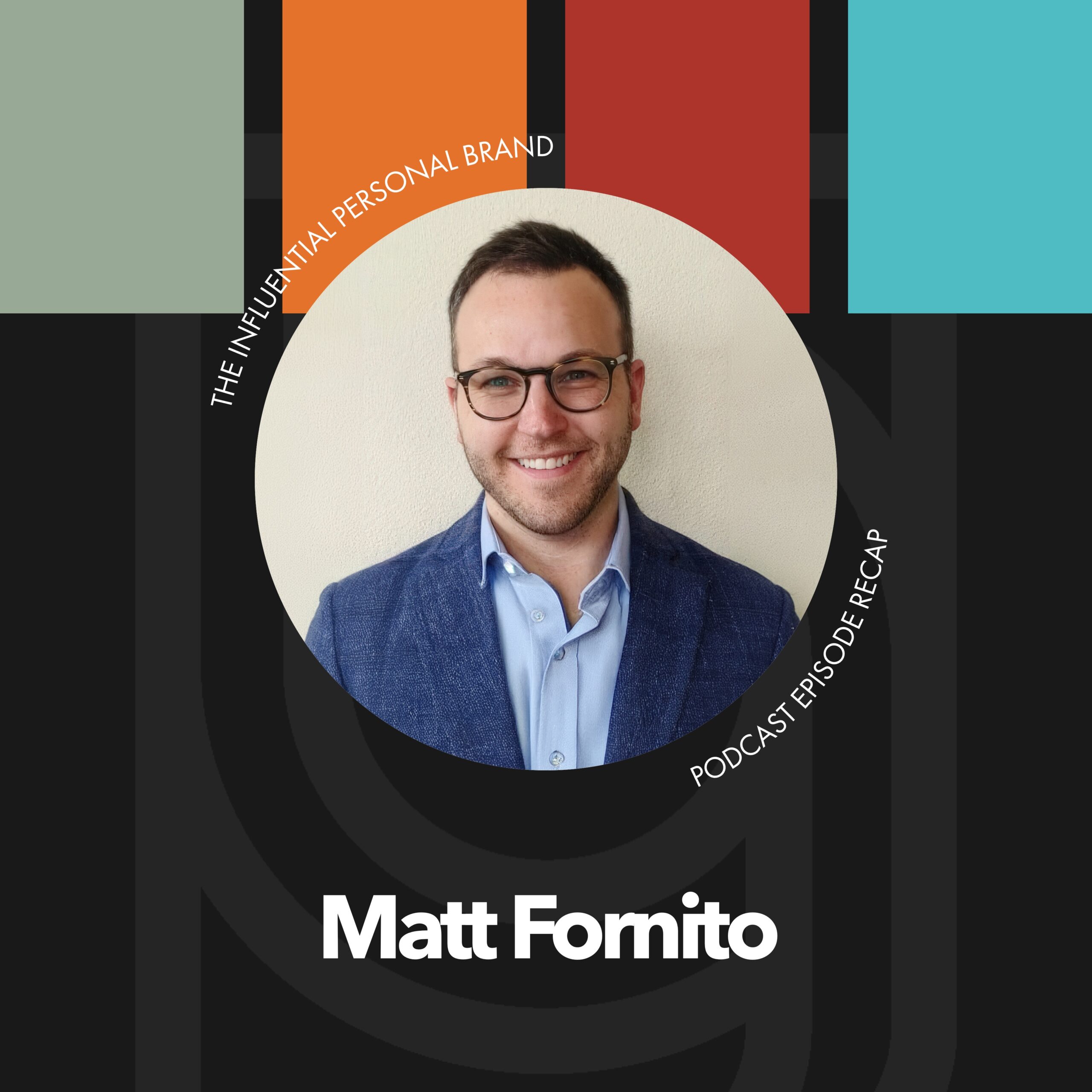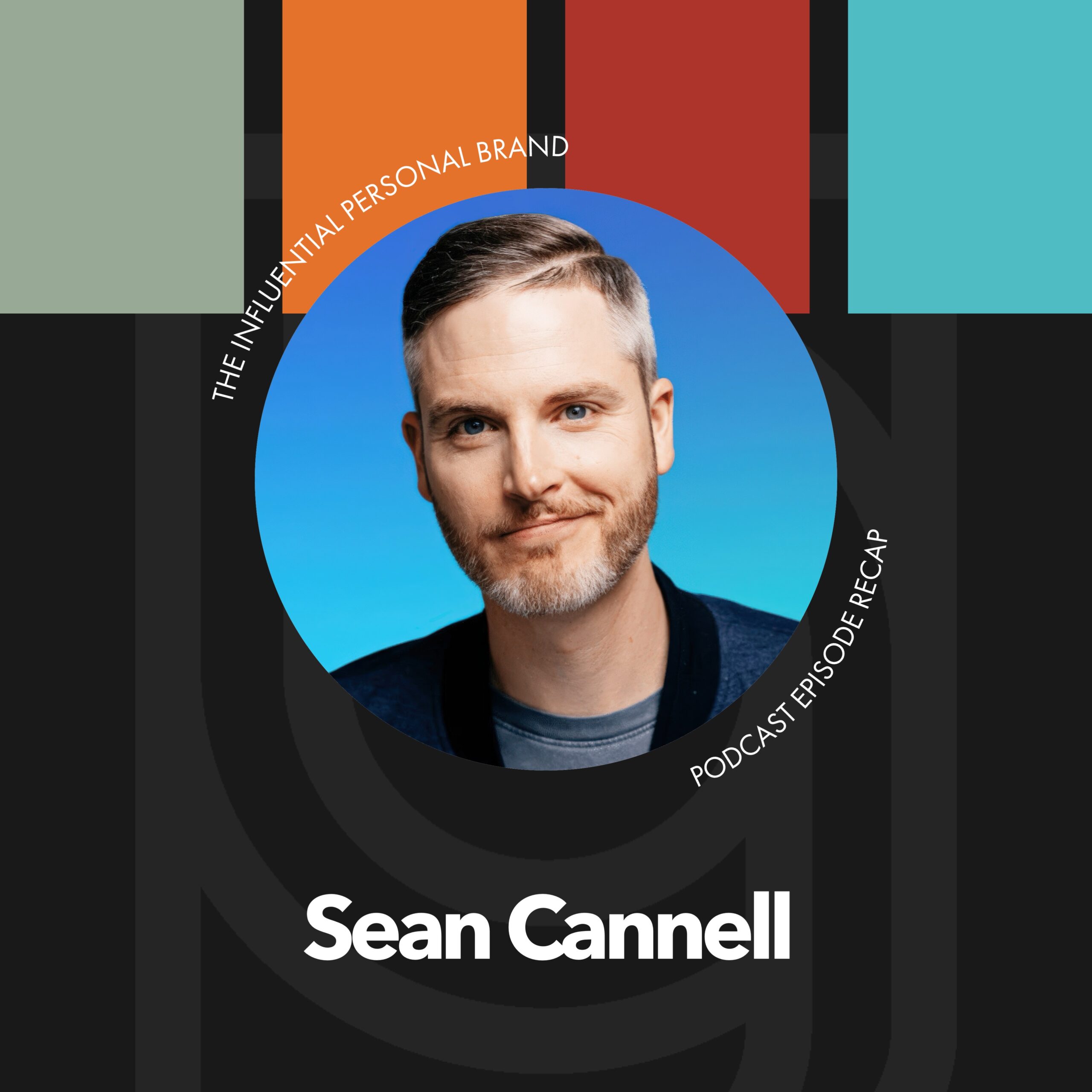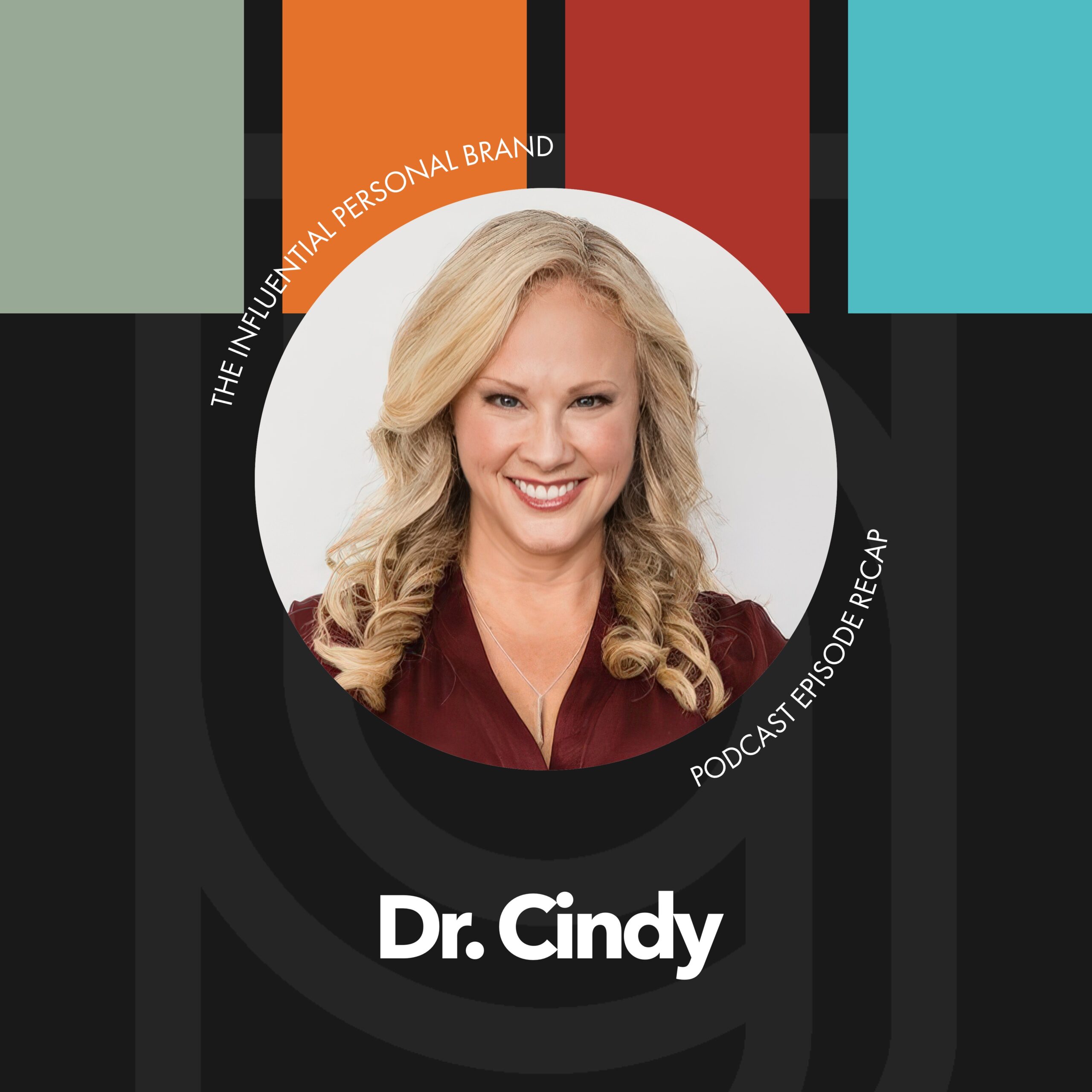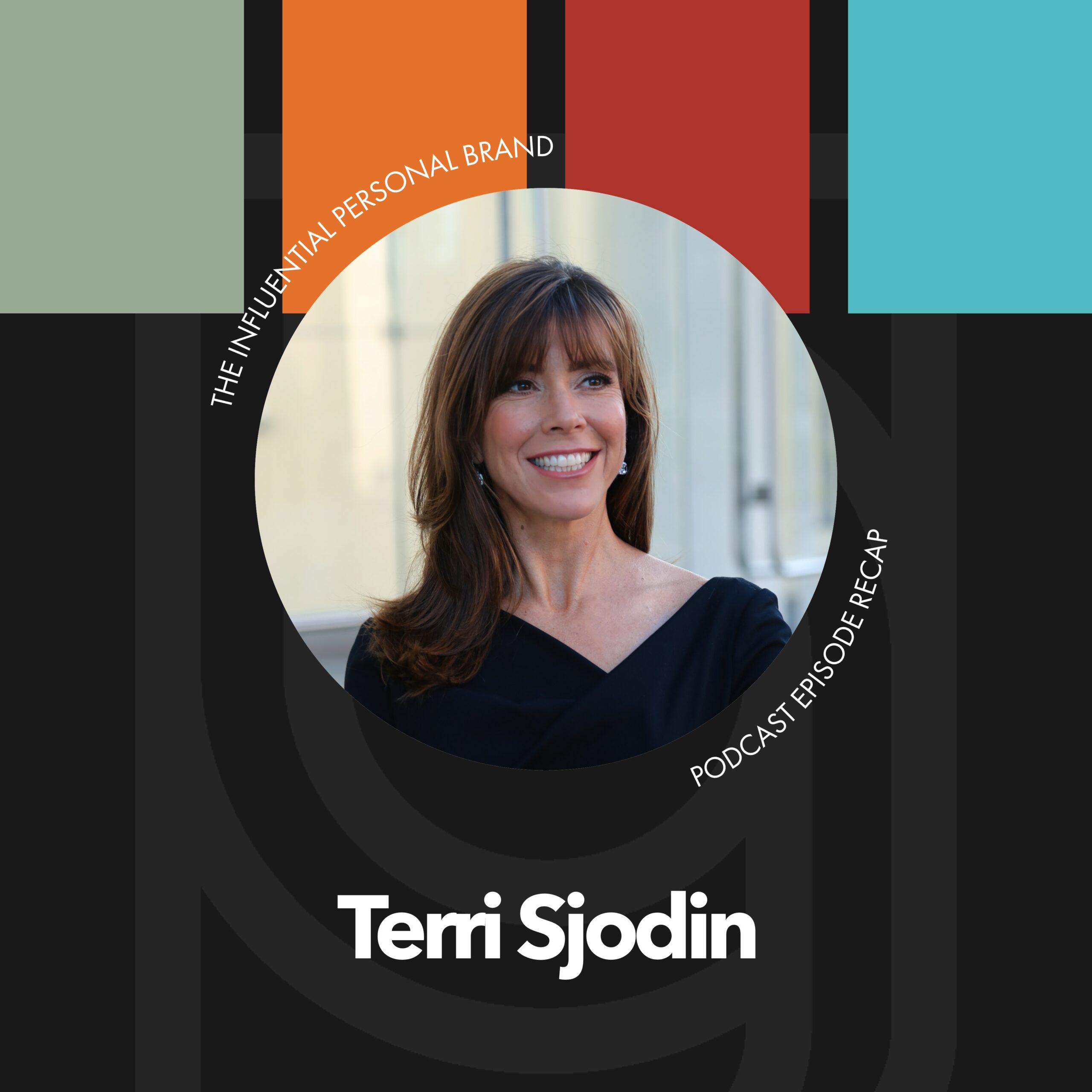RV (00:07):
Hey brand builder, Rory Vaden here. Thank you so much for taking the time to check out this interview as always, it’s our honor to provide it to you for free and wanted to let you know there’s no big sales pitch or anything coming at the end. However, if you are someone who is looking to build and monetize your personal brand, we would love to talk to you and get to know you a little bit and hear about some of your dreams and visions and share with you a little bit about what we’re up to to see if we might be a fit. So if you’re interested in a free strategy call with someone from our team, we would love to hear from you. You can do that at brand builders, group.com/pod call brand builders, group.com/pod call. We hope to talk to you soon.
AJV (00:54):
Hey, y’all and welcome to my recap episode on my conversation with Erin hatzicostas. Now she’s got me all triggered about how to say her last name, cuz I’ve been calling her Erin hot Costas for forever and then she said cost us. So now I’m all insecure about it. But seriously, if you did not listen to this interview, I really suggest that you go. And I don’t say that just because it’s an interview. I think you should listen to, even though it is that it’s, it just it’s really universal. And it, it touches the core of, I think of a lot of what of us, a lot of what we all struggle with, who you’ve ever thought, do I really deserve this? Or am I living some imposter life or I’m not good enough? Or I have to be something I’m not in order for people to like me or respect for, or respect me or follow me.
AJV (01:43):
This is the episode for you, cuz it’s all about using authenticity as a part of your leadership strategy. And I love it. I love her. I think she is authentic. I also think she’s just an awesome human being. It’s a really great interview. I really recommend that you go and listen to it. But with all that said here are four, four things that I took away from this conversation that I thought were really worthy to come back and recap in this conversation. I loved what she said. She said that, you know, when she left corporate America and she was a corporate CEO for years but when she left corporate America to like kind of go out on her own as a coach, speaker, consultant, entrepreneur, podcaster, author, all these things she, for a long time, didn’t want to be labeled as a coach or a trainer, a consultant or speaker because she had this like preconceived notion of what that was.
AJV (02:37):
And I loved what she said about it. And she said, it took me a long time to get here. But here’s what I would do today. Here’s the advice that I would give someone today. It’s don’t not do something because you hated the way that you saw someone else do it. And in the middle of that is you know, the foundation, the gen Genesis of some authenticity, it said don’t define what something is because of one way that you saw it done that you’re like, well, I don’t wanna do that. Or I don’t wanna be that. Well, it’s like, don’t, , that’s not who you are, but there’s a way for you to do it. That is true and natural and authentic to you. And the more that you can do that, the better we all are, the better you are, the better your clients are, the better the people around you are, but don’t not do something because you didn’t like the way that you saw it done by someone else.
AJV (03:28):
Oh my gosh. I thought that was so good because I can think of so many times or so many things where I haven’t done something because I was like, oh, I didn’t like that. Or I didn’t like the way they did. It’s like, so what do it differently? Or get it done by someone else? That doesn’t mean you don’t have to like the whole thing just because you didn’t like the way it was done by one particular person or company or organization, do it differently, be authentic and do it in the way that feels you. Then this was a second big highlight for me is we talked about, well, what is authenticity? Like, what’s your definition of authenticity? And I think this is really interesting because I think sometimes that word can be overused, but in a way where it’s not really explained very well, right.
AJV (04:14):
I hear the word, you know, be authentic and you know, show authenticity. But it’s like, what does that really mean? Because it’s like, there’s all different types of internal translations we can make with things like that. And it’s like, just do you be you? And I loved, oh my gosh, I love this so much. I literally have it written down. I’m gonna share the whole team. But on a PostIt note of my wall, I’m gonna do something with this. Cause she said, authenticity is exposing who you really are when people least expect it. That is authenticity. Oh my gosh. That is so good. Like exposing who you really are, the moment that people least expected, what an amazing definition of authenticity. And then she followed it up and she said, it’s not just being yourself. Sure. That’s a part of it. And it’s not just being transparent.
AJV (05:05):
Right? authenticity and transparency are two different things with two different definitions. You cannot be too authentic, but you can be too transparent. Right. I think that’s really an important distinction, right? Authenticity and transparency. They’re different things. Right? I thought the other thing that she said I thought was brilliant is that it’s not about you. It’s really not. It’s about creating trust with other people by being more vulnerable and humble and you in the moment. And I thought that was really good. It’s like authenticity. Isn’t about you just putting it all out there for the world to take it all in. Being authentic is about creating a trust, a trusted environment. An environment of intrigue and curiosity, even with other people, by being more vulnerable, by being more honest. And by being more humble in the moment, going back to her definition, which is authenticity is exposing who you really are when people least expected mind blown.
AJV (06:17):
I love that so much. And quite honestly, that allows me to attach a whole new meaning to authenticity and being authentic, being authentic. Isn’t just being me. No, it’s being more of me in the right moments where people least expect it. That allows me to show my humanity. And it also allows me to show my imperfections, right. I love what she said. Her son says that she’s a imperfection. And we all are. We are all imperfections. We are not perfect, but it allows me to be more imper, imperfect, which naturally should make me more human and more relatable and more personable to those around me. I need that. We all need that. So, so good. Then we followed it up with about authenticity is not a permission. It’s a power. And I think I often hear some people you know, kind of roll their eyes at authenticity as like, is this some woo woo female feminist crap.
AJV (07:17):
it’s like no authenticity comes from a place of power of courage and bravery and yes, vulnera vulnerability and humility match though with a place of power and courage and bravery in the ability to be humble and vulnerable. It is not a permission. It’s a power and it creates power with people around you. It’s like when you become more authentic and real and honest people around you put down their guards and their own shields and they become more authentic and real and human. And guess what? Then there’s real conversations, real collaboration and real change when we can do this stuff, but that’s not easy. It’s not a a permission. That’s a power cuz that’s frigging hard work and it comes from a place of total exposure. And that is not easy. That is, that takes great courage, love that y’all like gushing over this interview.
AJV (08:20):
And also the fact that we just were really blessed to have the opportunity to have this conversation on this show and, and use it in a way that will make us all feel more ourselves and more human when we’re looking at those around us. Right. and then the last thing we did was that we talked about this awesome study that she just did was like did this national research study on authenticity in the workplace. So cool. I love this idea. I love the results. I love this study. The data is so amazing and so helpful and empowering as a leader or a business owner. But also really empowering as a, as a teammate, as an employee, as someone who just has human relationships and, and deals with communication, which is all of us. But one of the things that I thought was really fascinating is one of the key takeaways was the parallel between authentic cultures and talent retention, which is just a really hot topic right now, right.
AJV (09:18):
Everyone is talking about how do I retain talent? How do I, you know, recruit and retain really good people. And there is a direct correlation with, do you have an authentic culture where people can be themselves in the moment where there is humility and vulnerability and the ability to just get it straight with no facades and no pretending. Is there that, and if there is you have a higher chance of talent retention versus is this a culture where we just don’t talk about those things, you know, don’t ask, don’t tell, don’t really ever get to know your leaders. Don’t ever really get to know your executives. And if you have that, you have a very high chance of quick turnover. So let that sit in for a minute. If you have any sort of employees or team members, or even even run a volunteer organization, it’s people don’t have to stay. There’s lots of options, especially right now where everyone is hiring. So how can you use authenticity as your main retention tool with your team? Y’all check out this interview check out Erin Hatzicostas you can go to B authentic, Inc. That’s just the letter B authentic ink.com. You can check her out, follow her, get this study. It’s amazing. Go listen to it, put it into practice and we’ll catch you next time on the influential personal brand.



